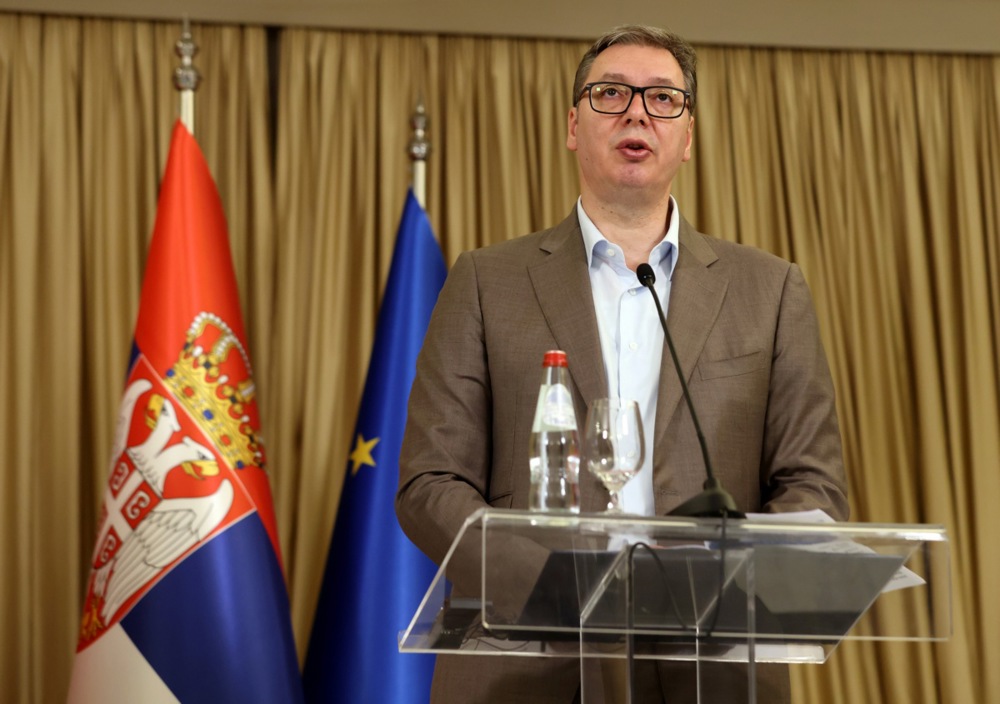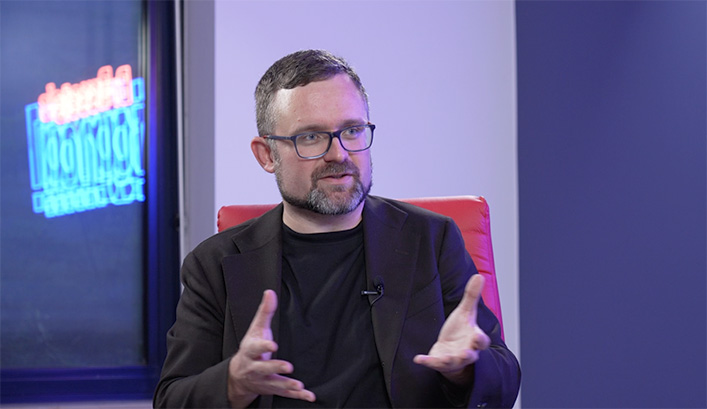The Serbian Government has announced an official day of mourning following the deaths of several Serbian gunmen in Northern Kosovo.
The gunmen were killed by Kosovo police forces, after the heavily armed Serbians took on a Kosovo police patrol, reportedly killing one officer and injured another.
Tensions have been rising again in Northern Kosovo both between Kosovo and Serbia – which does not recognise the independence of its former province – and between the Kosovar authorities and the local Serb minority.
In a statement, the government in Belgrade declared September 27 to be a day of national mourning.
It was dedicated to what it called the “tragic events”, asking the Serbian public to “pay respect to the victims of Kosovo and Metohija”.
The Serbian communities within Kosovo have followed suit declaring September 26, 27, and 28 to all be days of mourning.
The shooting incident marks the biggest recent decline in relations between Serbia and Kosovo.
Speaking at the European Commission’s press briefing on September 26, EC foreign affairs spokesman Peter Stano confirmed there would be an emergency meeting of EU diplomats that afternoon to discuss the situation.
He said representatives of the EU’s Member States would meet in order “to make a full assessment … about what happened and what course of action the European Union will take”.
An unidentified group of heavily armed Serbs attacked police in Kosovo on Saturday, killing one and wounding two. https://t.co/fvSgQGkcWe
— Brussels Signal (@brusselssignal) September 25, 2023
The shooting incident took place on September 23. Serbia claims local Serbian men had barricaded a road with trucks near the village of Banjska and that the gunfire broke out when Kosovo police came to remove them.
The Serbian men, reportedly numbering around 30, then holed up in the nearby Banjska Monastery.
Following a firefight that lasted several hours, the Kosovo police eventually stormed the monastery, killing three of the Serbian men and arresting six others others. AP reports that six have been arrested, with three in pre-trial detention.
Kosovo’s interior minister Xhelal Svecla also claimed the Serb gunmen were led by Milan Radoicic, the Vice-President of the Kosovo Serb party.
The Kosovo Government is now openly accusing the Serbian Government of backing the attackers. Posting images of the seized weapons on X, Kosovo’s Prime Minister Albin Kurti said that the “evidence” left “no room for doubt”.
These military-grade arms & equipment—seized in @Kosovo_Police's anti-terror operation after yesterday's attack—leave no room for doubt: The perpetrators acted not alone but w/ state backing. Serbia must be held fully accountable for sponsoring terrorist violence on ?? territory. pic.twitter.com/hbFHiV1rMe
— Albin Kurti (@albinkurti) September 25, 2023
Serbian media claims that the Serbian minority in Kosovo is being persecuted by the state forces. Several Serbian municipalities have apparently been blocked off by the Kosovar police, including the site of the incident at Banjska.
Rumours are now swirling that Kurti will declare the Serb-majority areas to be “anti-terrorist zones”, giving the Kosovo police and security forces enhanced powers in those areas.
Serbian Prime Minister Aleksander Vučić on September 24 claimed the attack was an inevitable result of repression by the Kosovar authorities.
He said: “Serbs, and not people from central Serbia, but within Kosovo and Metohija rebelled, not wanting to put up with Kurti’s terror any longer.”
Vučić has called on the NATO-controlled police force in Kosovo, KFOR, to take over all policing matters in Serb-majority areas.
He additionally claimed that he had asked for the EU’s police mission in Kosovo, EULEX, to assist the case of Kosovo’s Serbs but had received no answer.
Stano confirmed EULEX was now assisting the Kosovo police in bringing the Serb gunmen to justice.
Kosovo has long been a source of tensions in the Balkans. Formerly a majority ethnic Albanian province of Serbia, it unilaterally declared independence in 2008.
The latest round of conflict began earlier this year when the Serbian minority boycotted local elections, leading to Albanian mayors being voted into power in majority-Serbian towns. The Kosovo Government then tried to forcibly install those mayors, leading to riots over the summer.
Both countries want to join the EU but with the bloc unable to resolve their mutual divisions to date, their accession appears a long way off.





